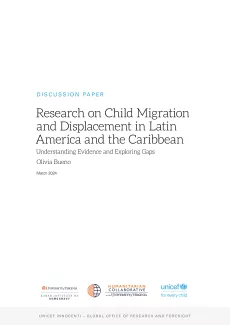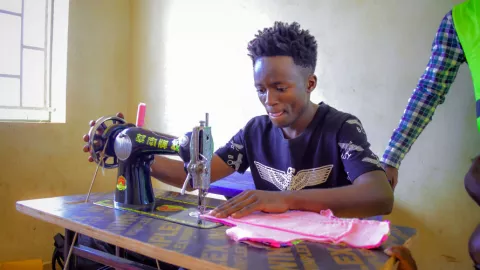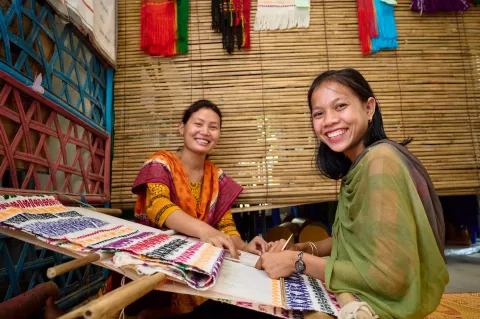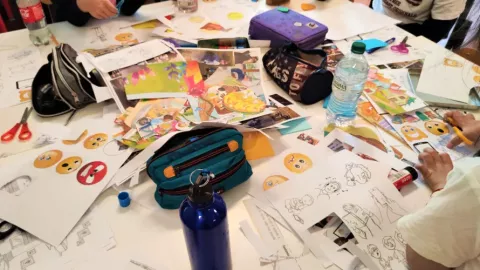Research on Child Migration and Displacement in Latin America and the Caribbean
Understanding Evidence and Exploring Gaps
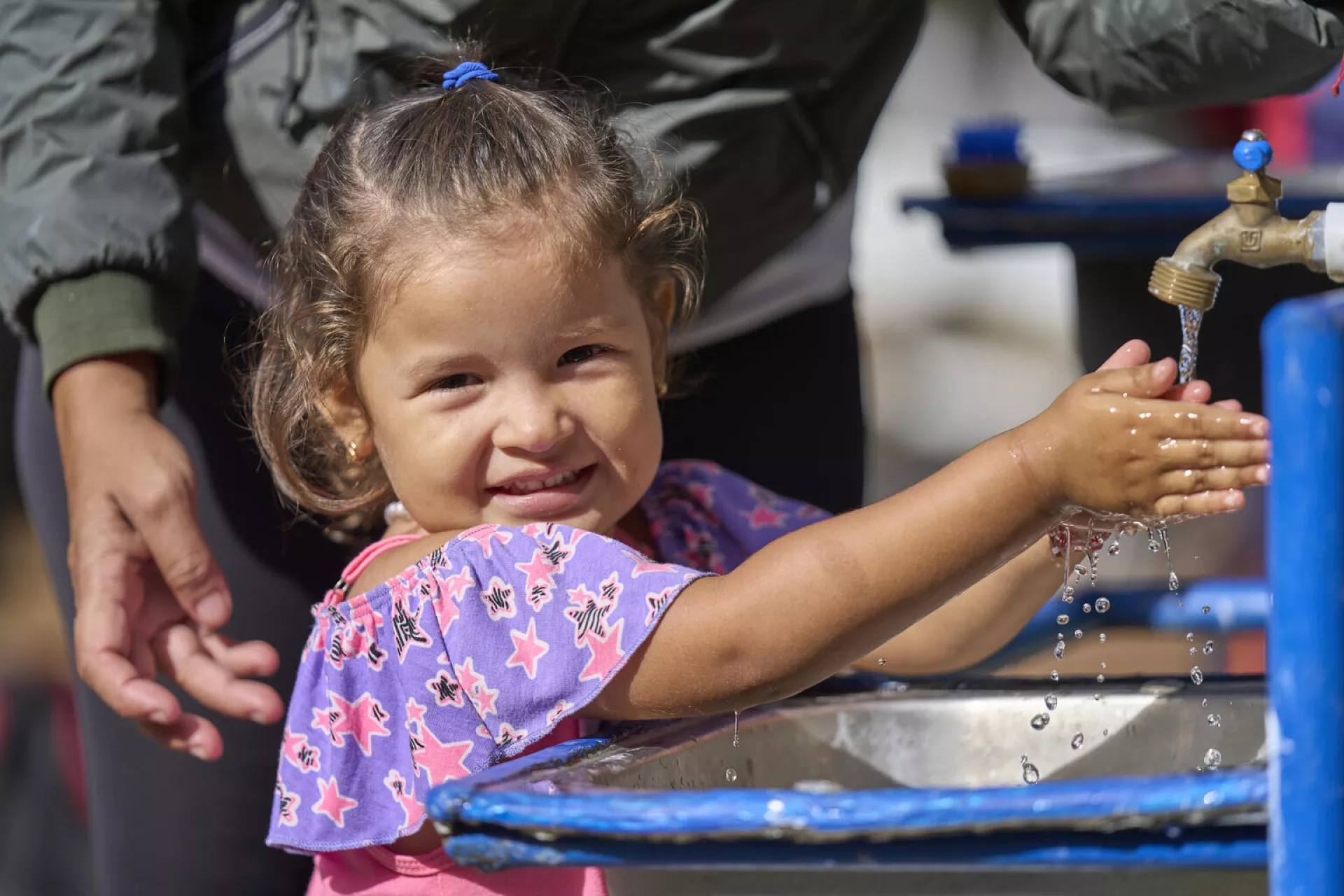
Highlights
Although migration has been a longstanding fact of life in Latin America and the Caribbean, the number of children affected by migration, including both children migrating and residing in host communities, is increasing. Even where their needs are considered, too often children’s own perspectives are ignored. However, previous studies show that children can and do make decisions about whether to migrate or stay. Understanding these decision-making strategies, and their needs and perspectives is critical to designing interventions that best support children.
Given these needs and gaps, the University of Virginia’s Democracy Initiative and Frank Batten School of Leadership and Public Policy’s Global Policy Centre and UNICEF Innocenti Global Office of Research and Foresight (Innocenti) convened a conference - ‘Research on Child Migration and Displacement in Latin America and the Caribbean: Understanding and Applying Evidence and Exploring Gaps’. This paper reflects the framework for the discussions, as well as key outcomes. Building on two extensive reviews of available evidence, carried out by UNICEF’s Latin America and the Caribbean Regional Office and by UNICEF Innocenti, and consultation with practitioners about their priorities, this paper offers illustrative examples of the intersection of information, policy, and practice challenges.
